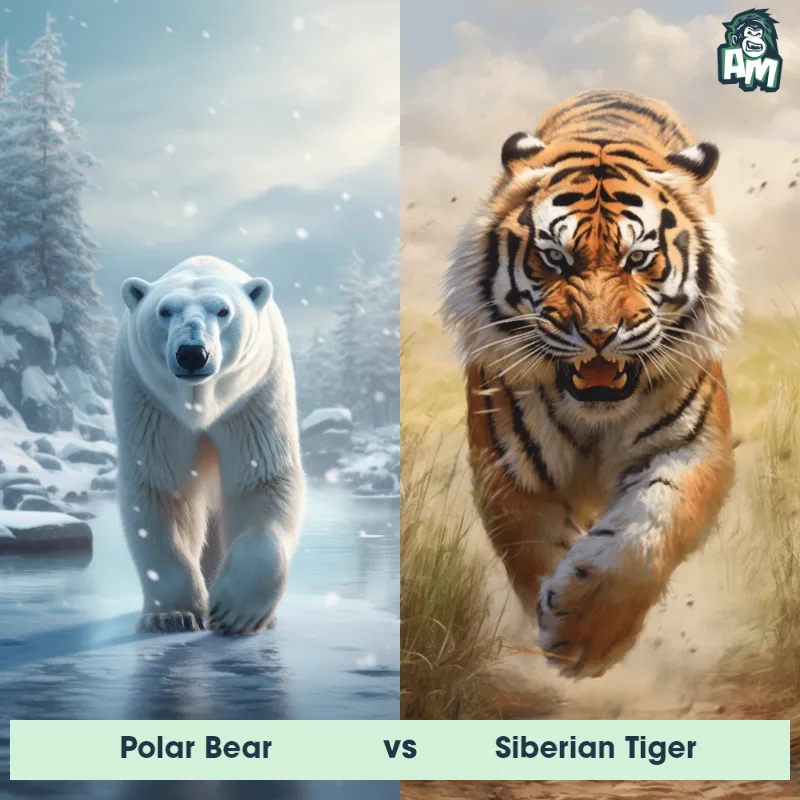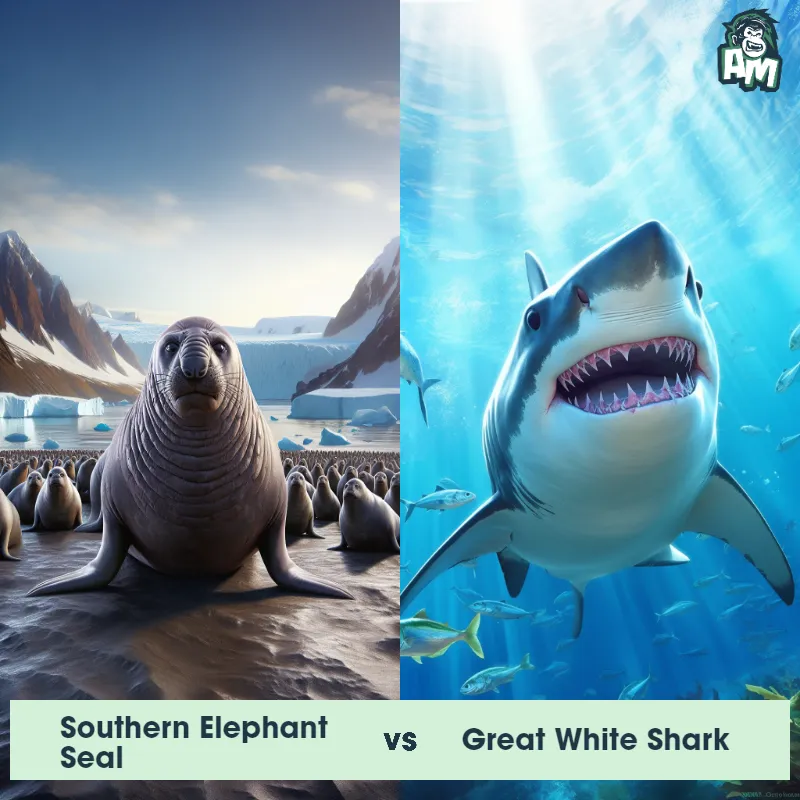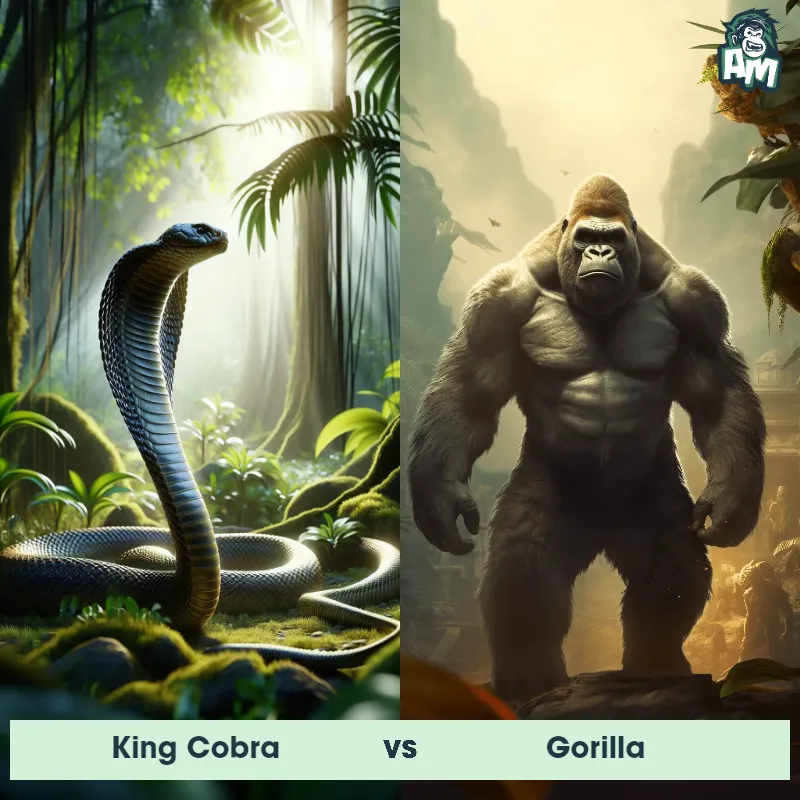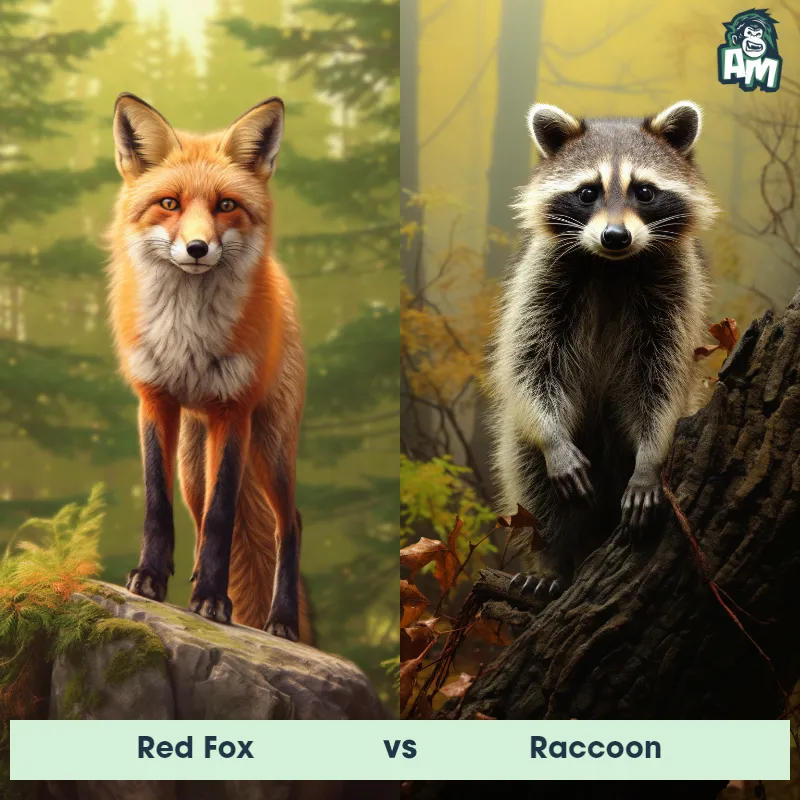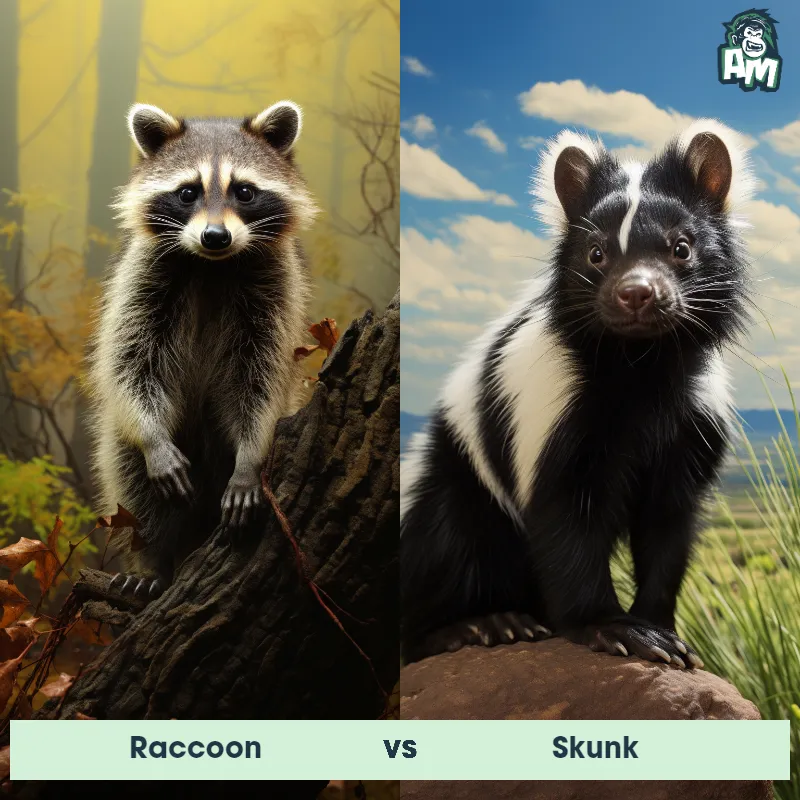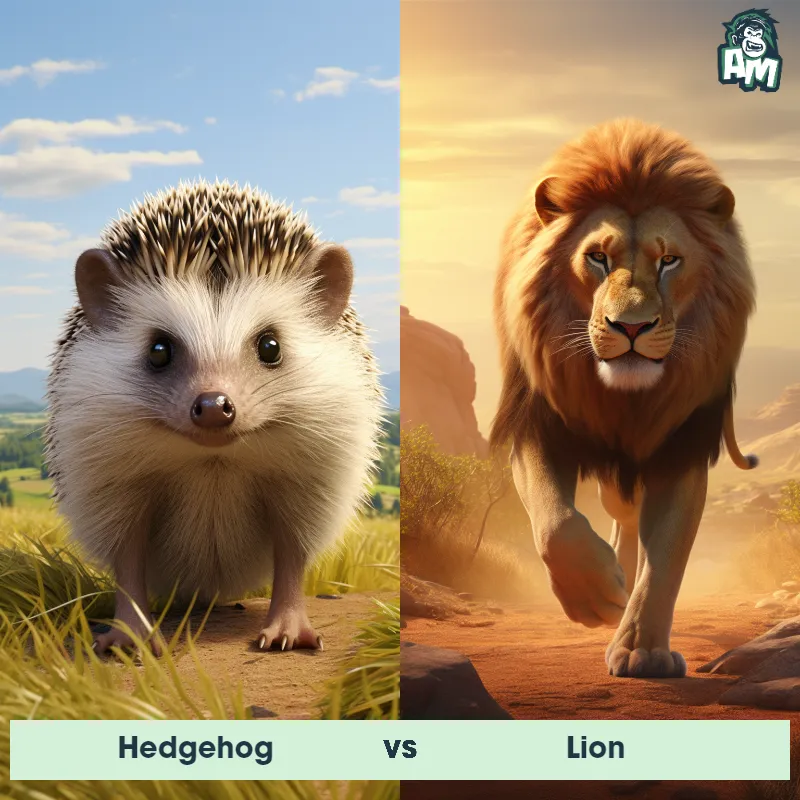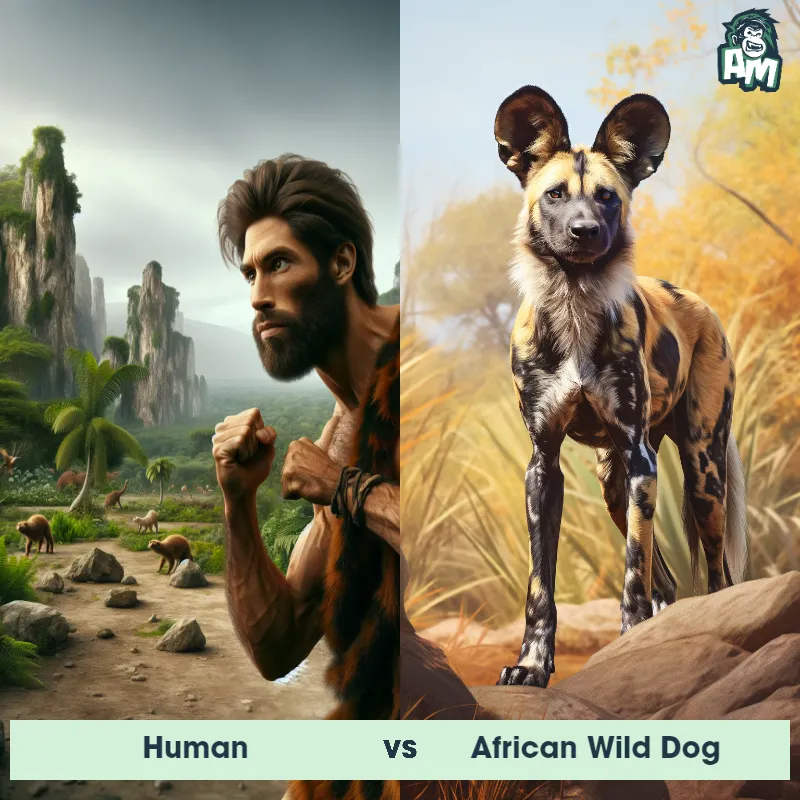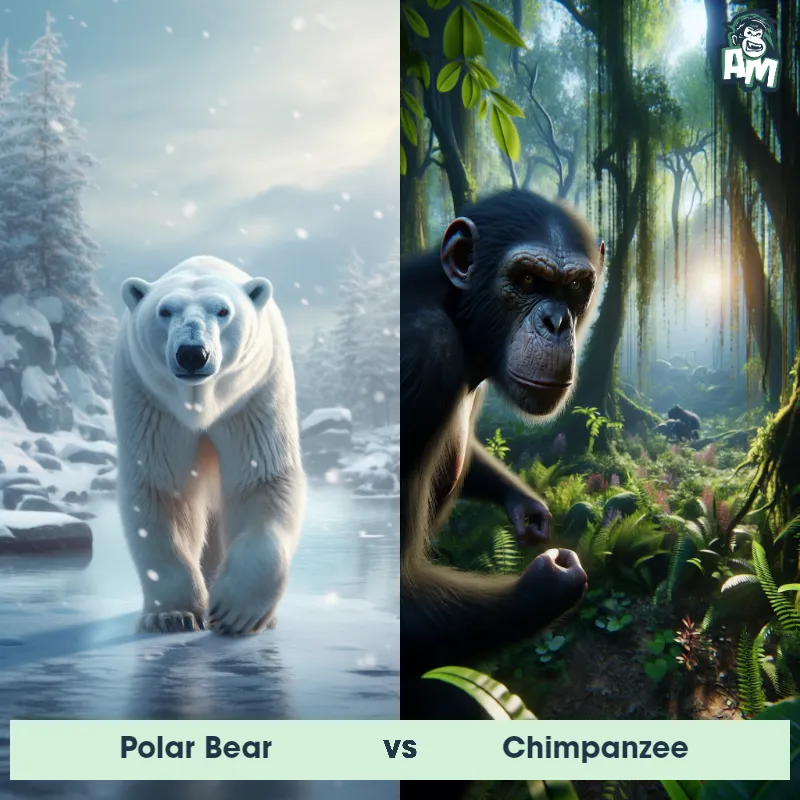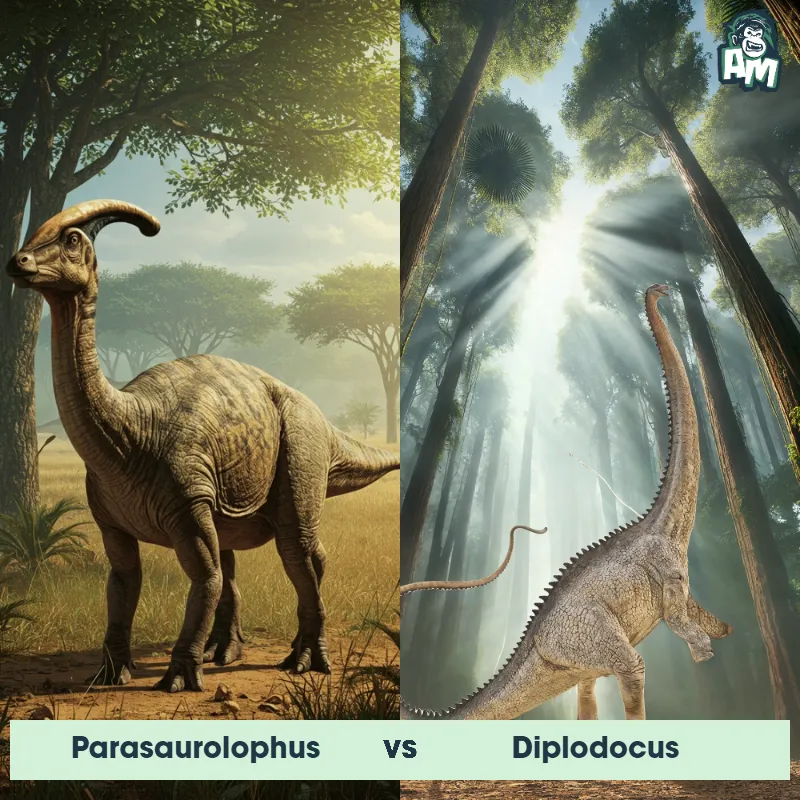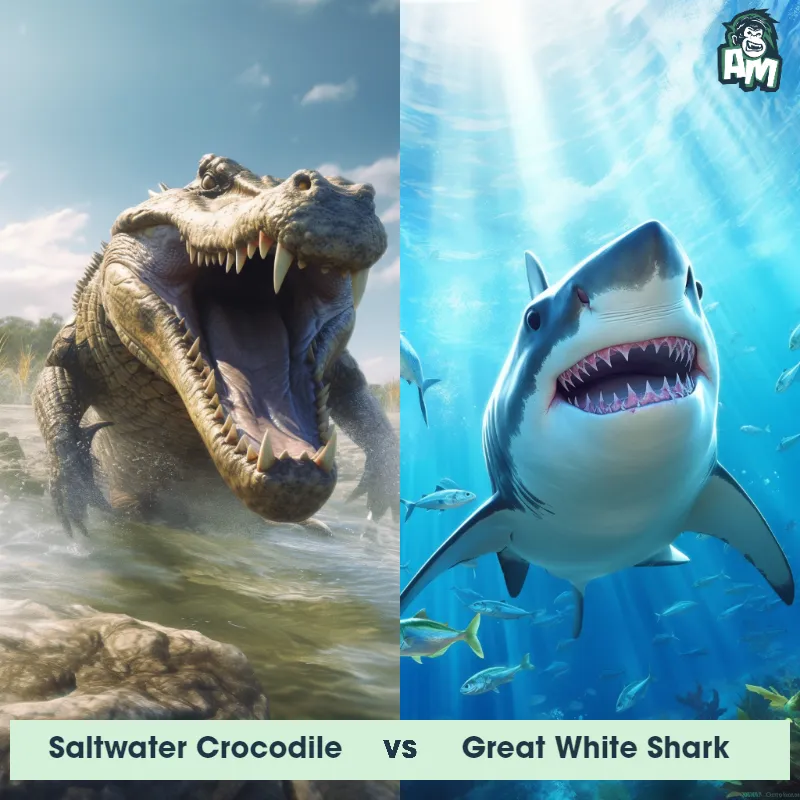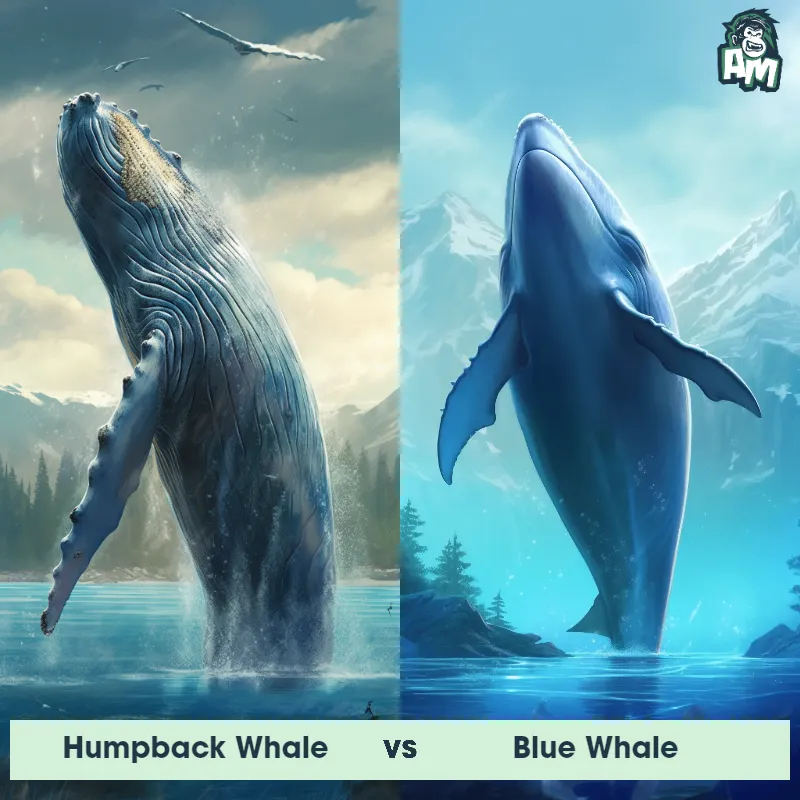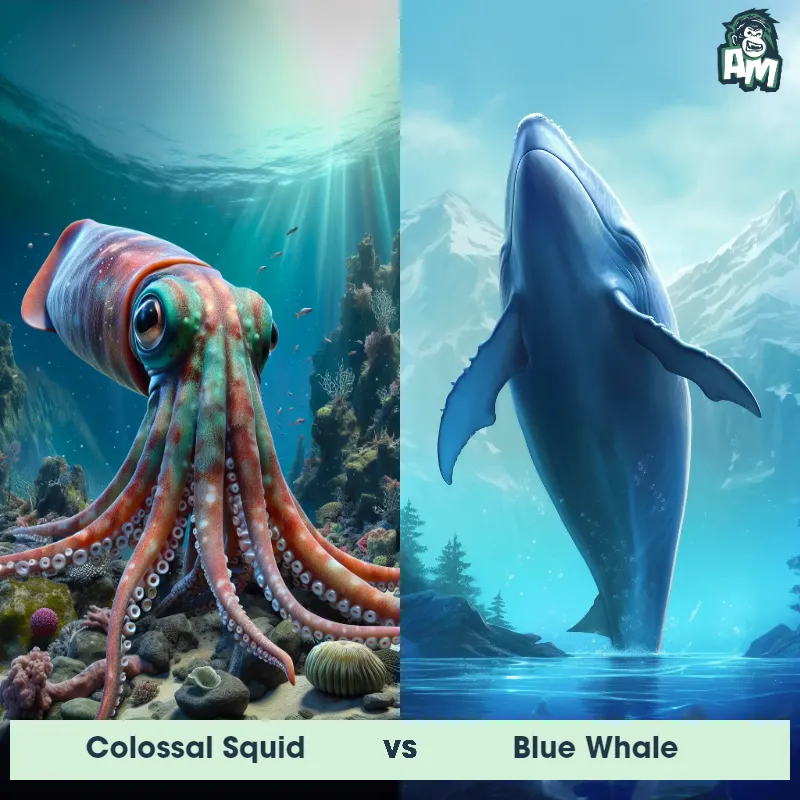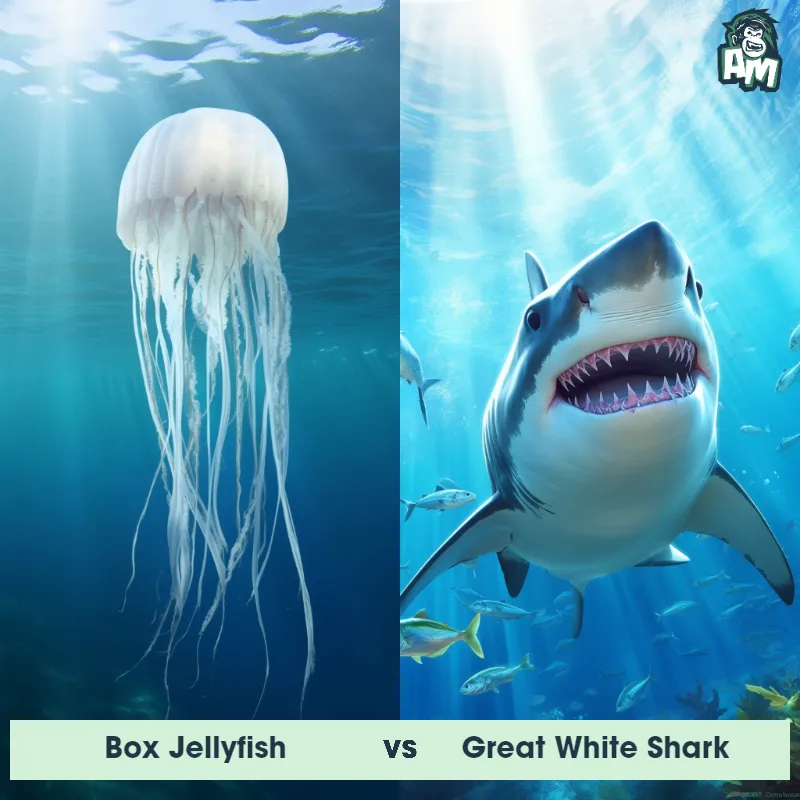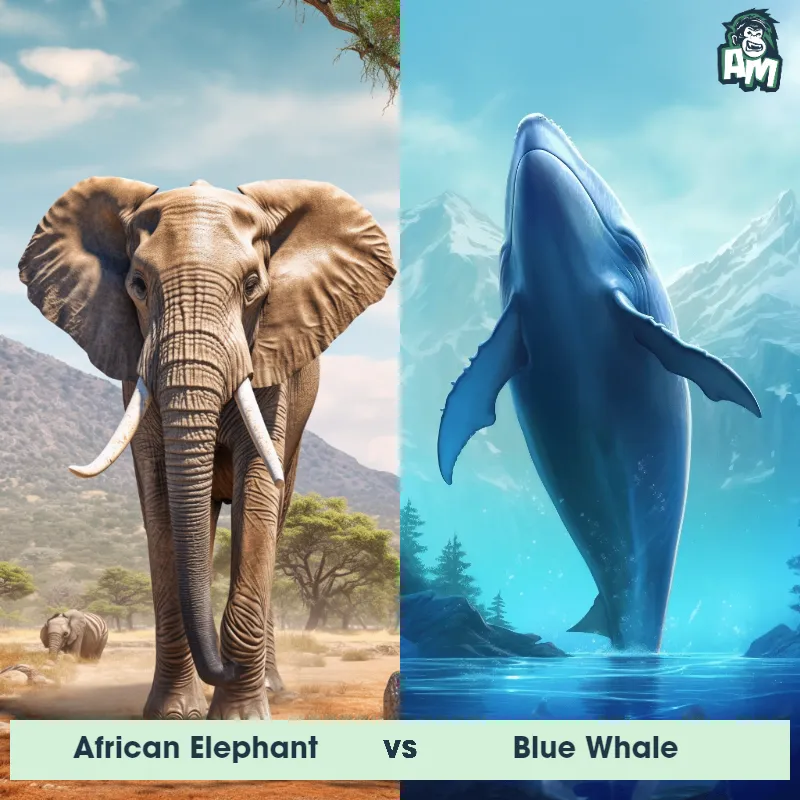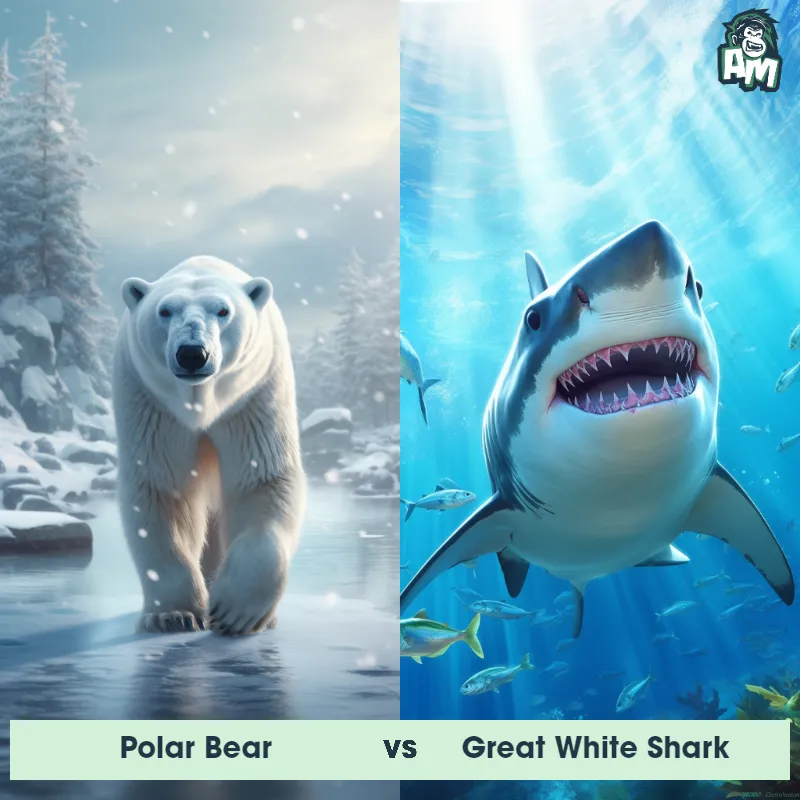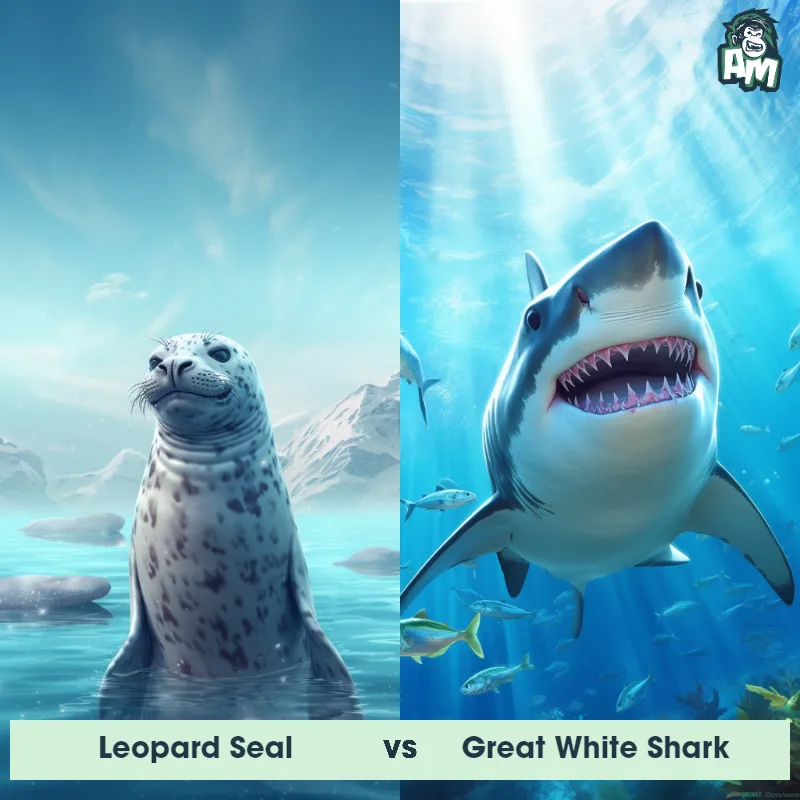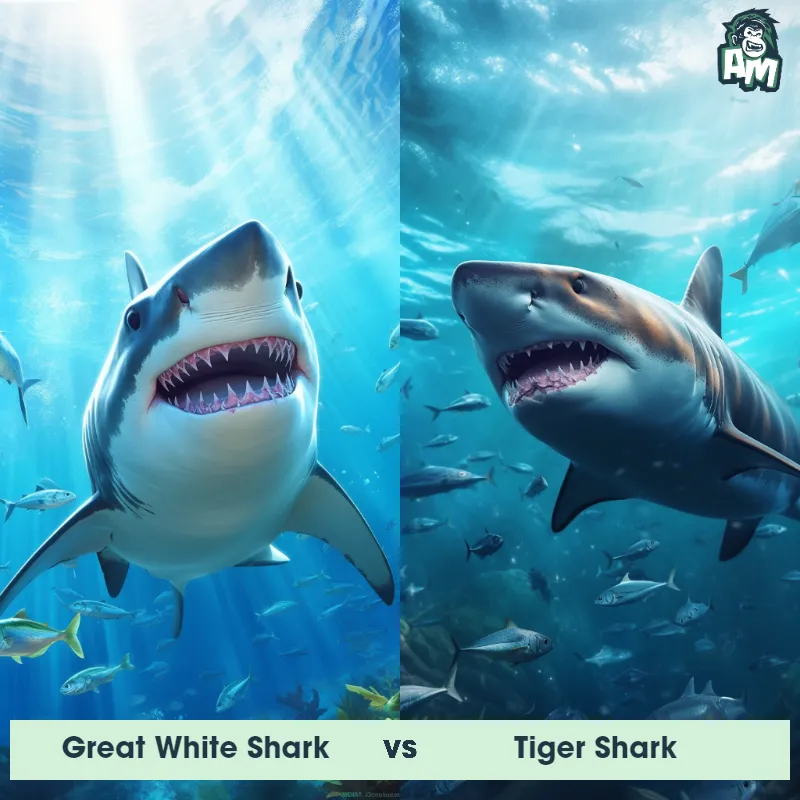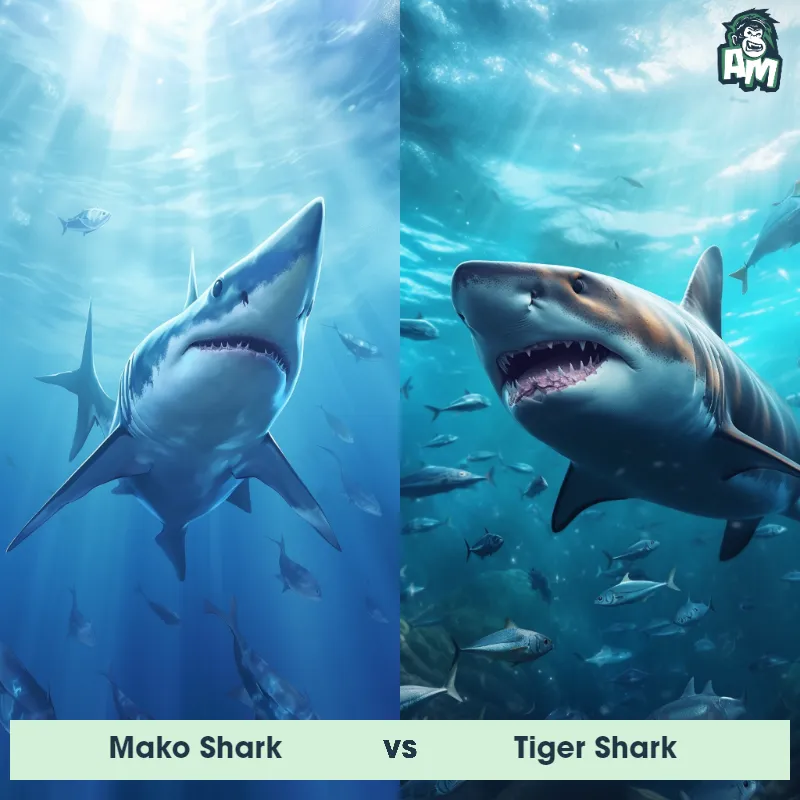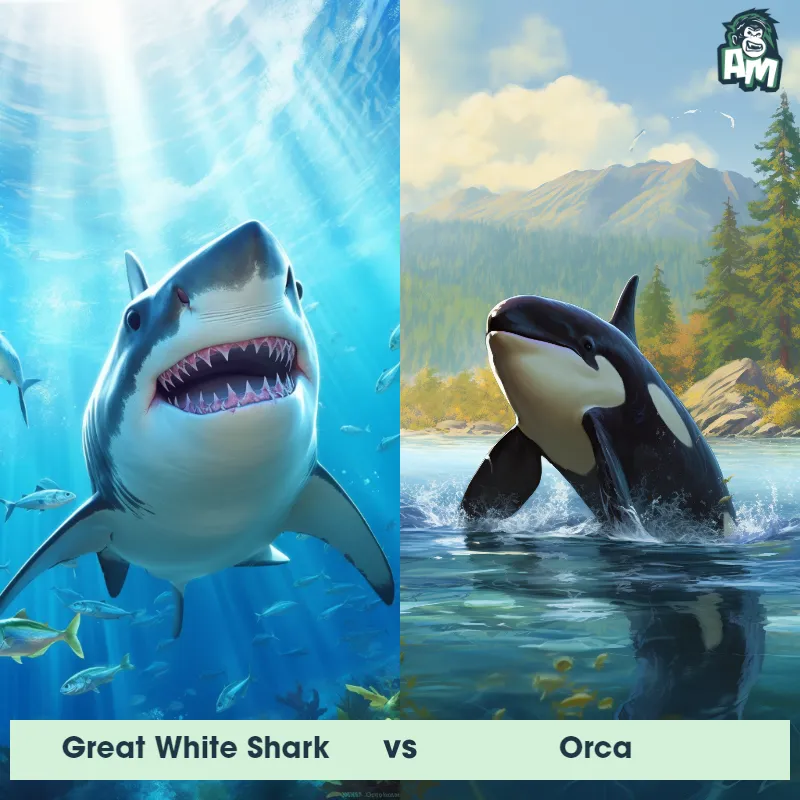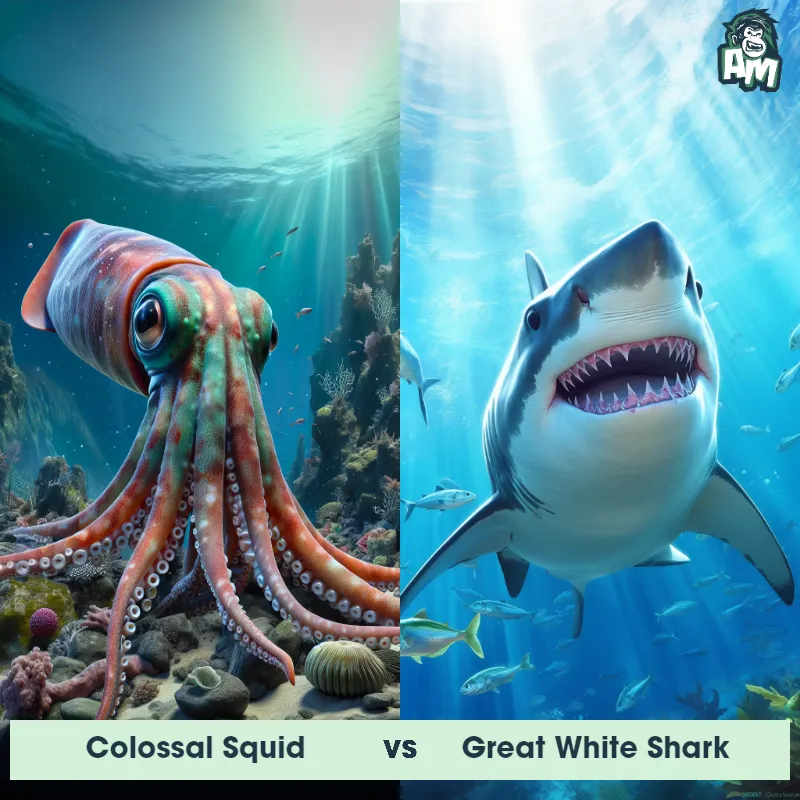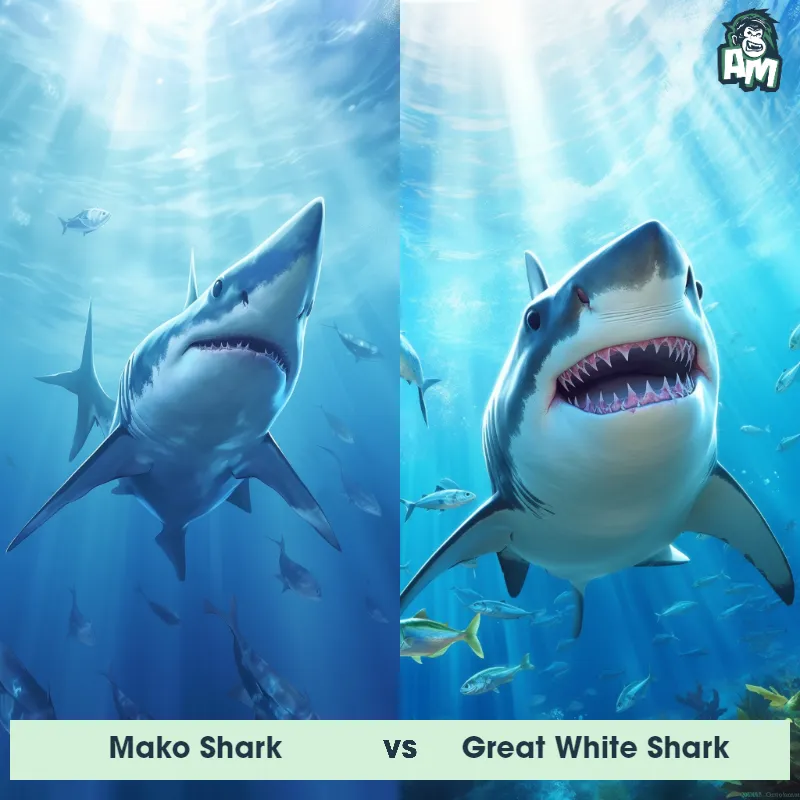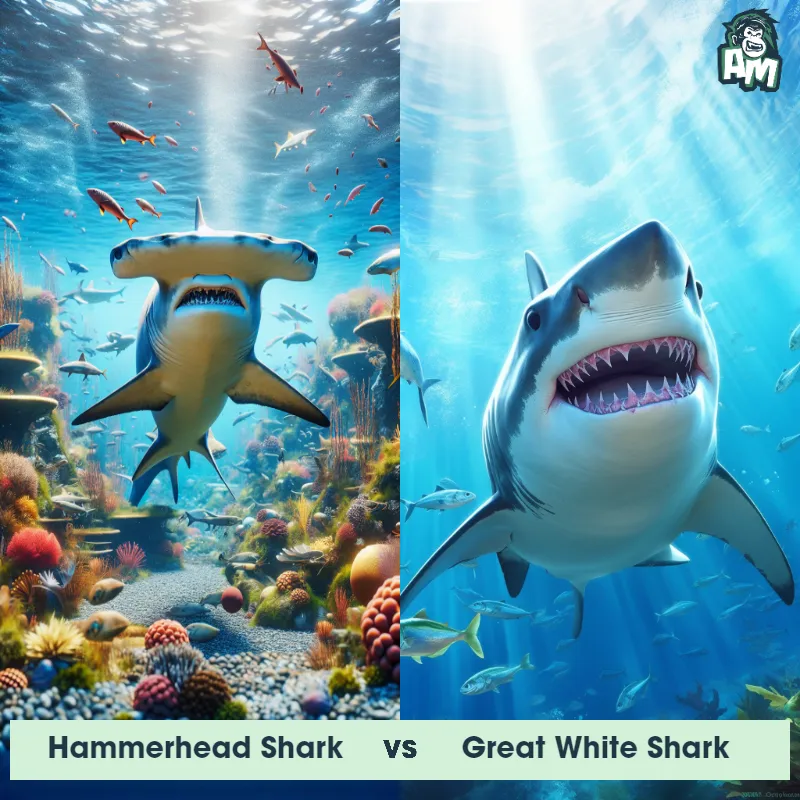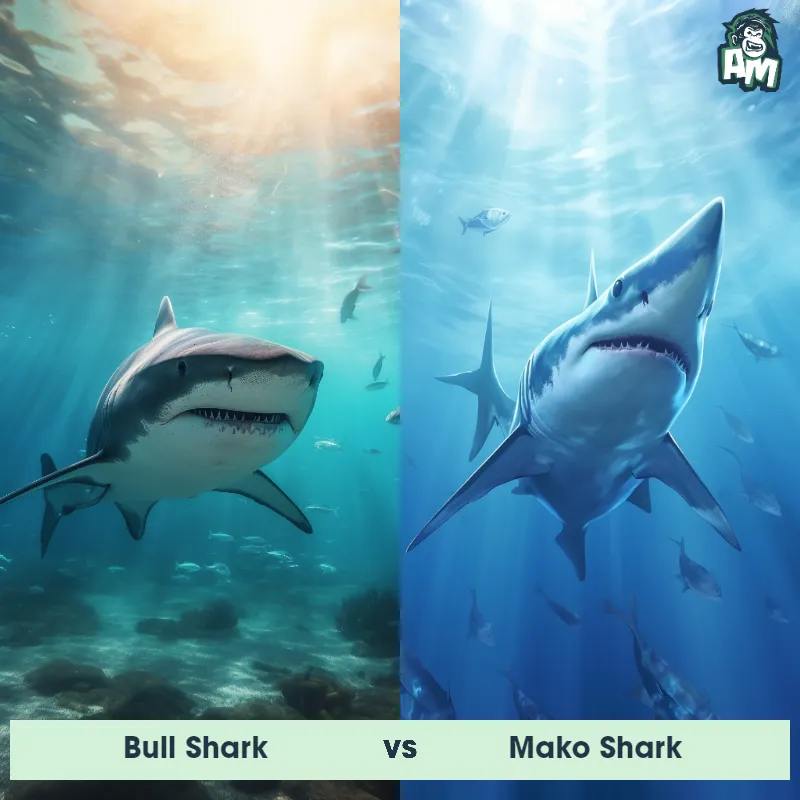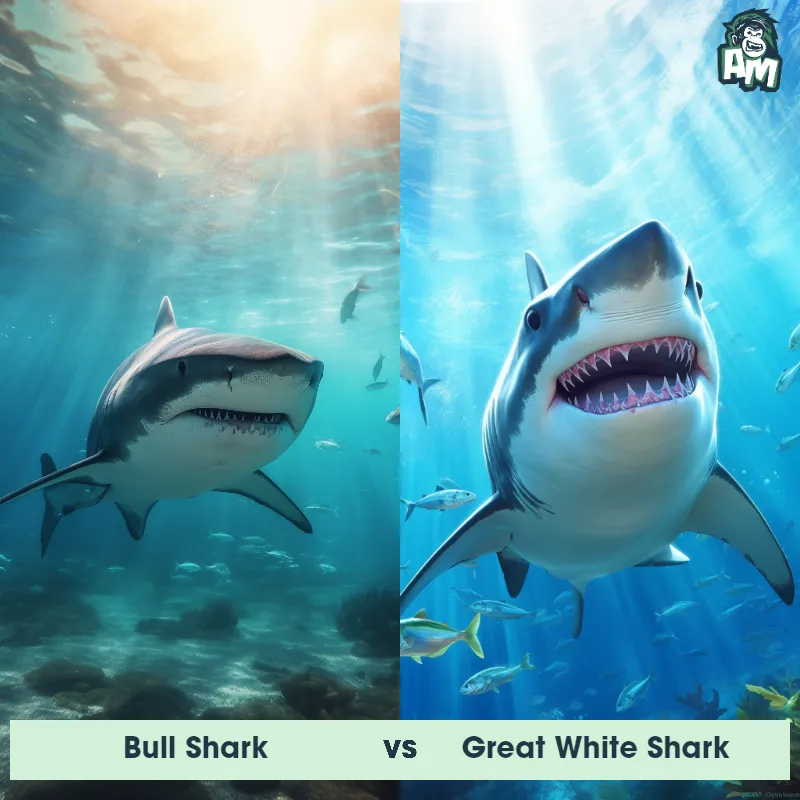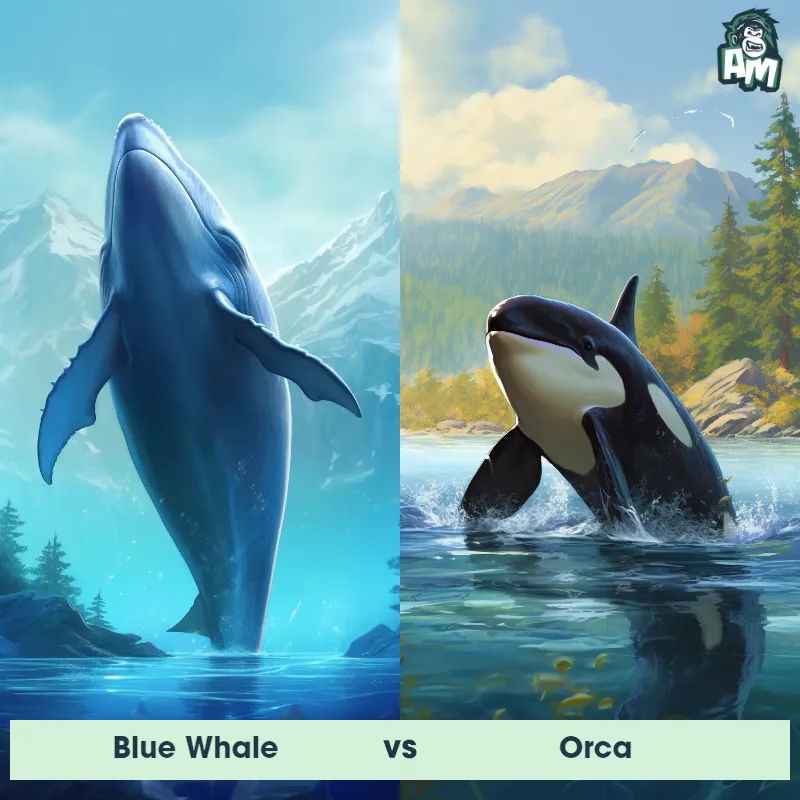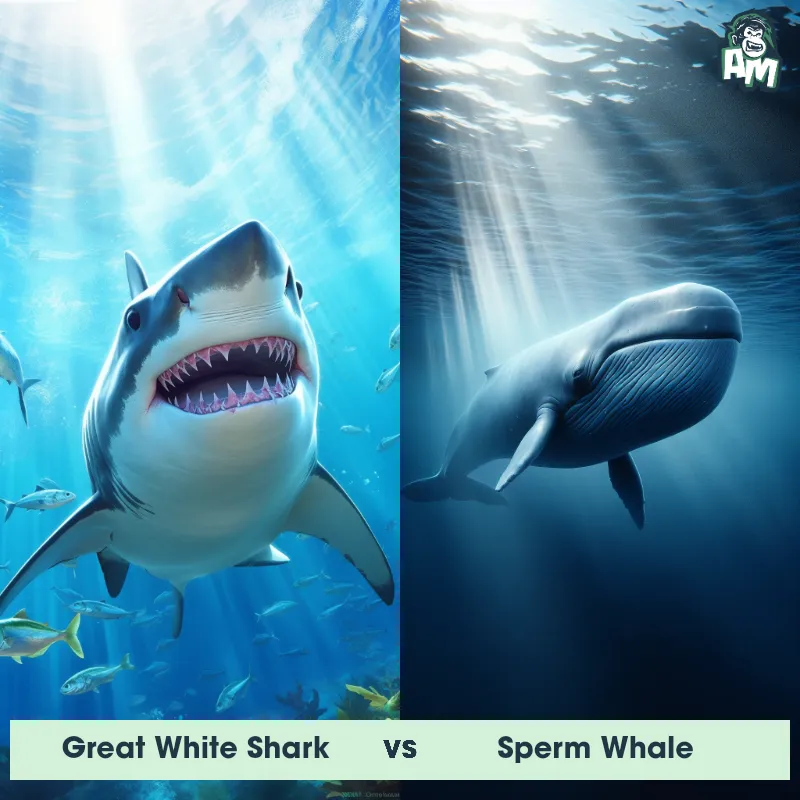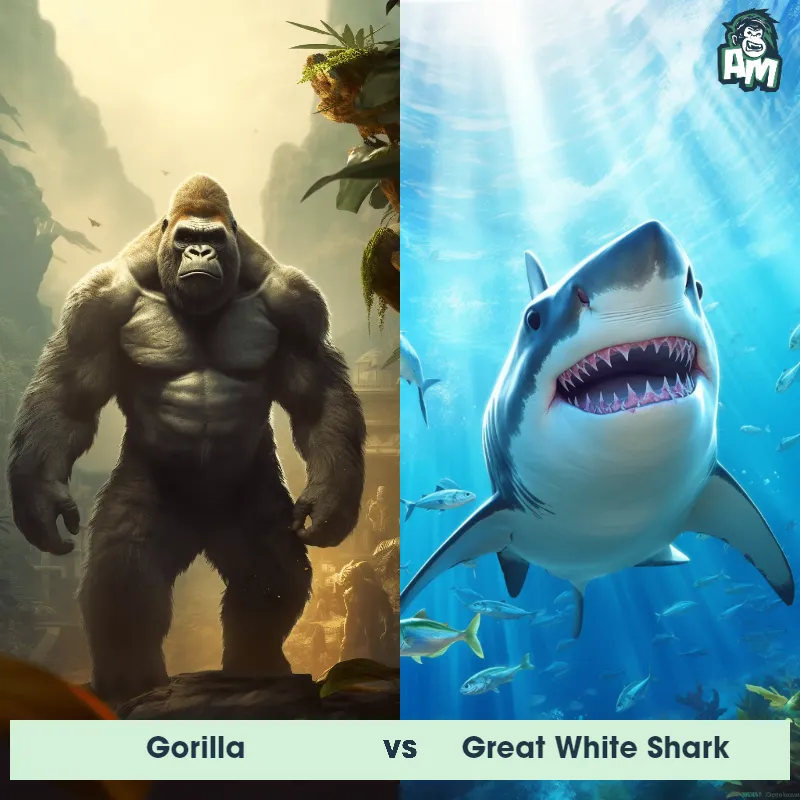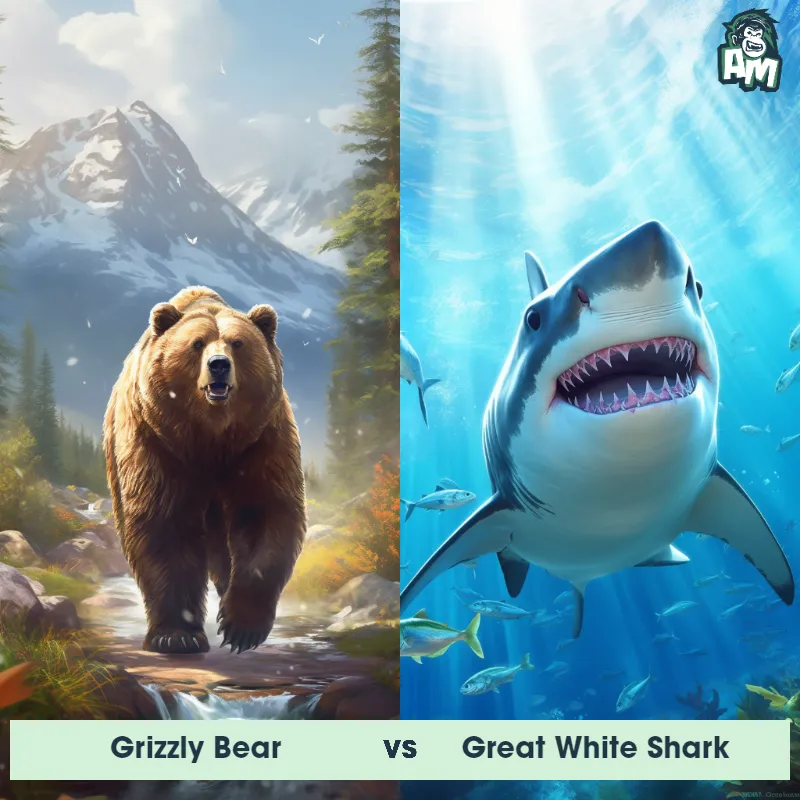Humpback Whale vs Great White SharkSee Who Wins
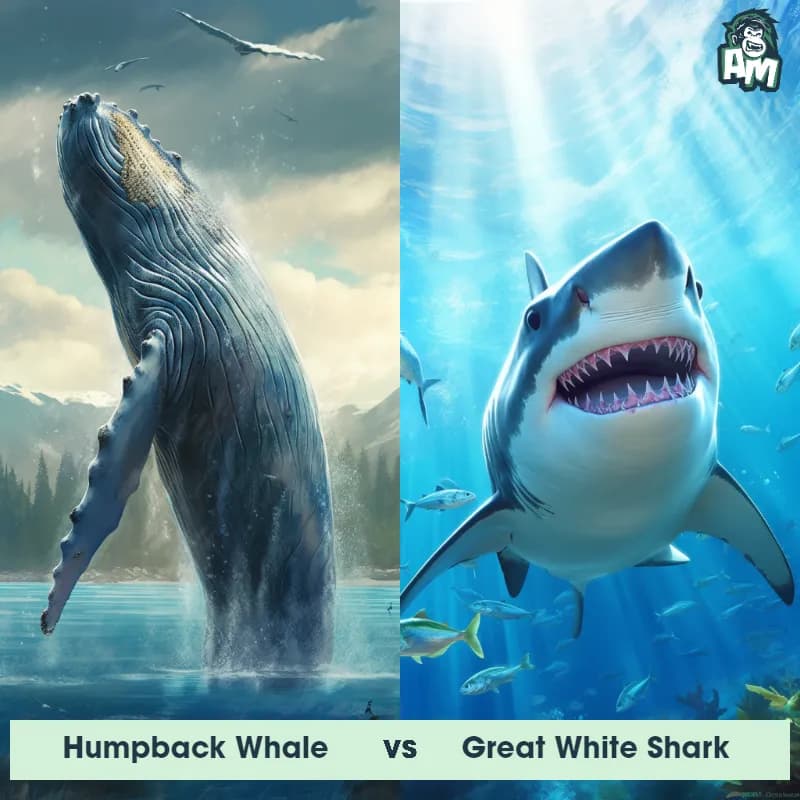
Prepare for a breathtaking battle of marine giants! In one corner, the gentle but formidable Humpback Whale, an acrobat of the ocean. In the opposite corner, the feared and mighty predator, the Great White Shark. Two titans of the sea, now in a duel like no other.
Contender 1: Humpback Whale
The Humpback Whale, also known as Megaptera novaeangliae, is a large marine mammal that can grow up to 50 feet long and weigh up to 40 tons. They are known for their distinctive hump on their back and long pectoral fins that can reach up to one-third of their body length. Humpback Whales are known for their acrobatic displays, including breaching and tail slapping, and their complex songs that can last up to 20 minutes.
Fun Fact: Humpback Whales are known for their unique feeding technique called bubble net feeding, where a group of whales will blow bubbles in a circular pattern around a school of fish, trapping them in a concentrated area for easier feeding.
Contender 2: Great White Shark
The Great White Shark, also known as the white pointer or white death, is a large predatory fish that can grow up to 20 feet in length and weigh over 5,000 pounds. They have a distinctive torpedo-shaped body, grayish-brown skin, and rows of sharp teeth that can number up to 300. Great White Sharks are found in coastal waters all over the world and are known for their powerful jaws and ability to breach the surface of the water.
Fun Fact: Great White Sharks have a unique sense of smell that allows them to detect a single drop of blood in 25 gallons of water, which is equivalent to the size of an Olympic swimming pool.
Matchup Stats
| Humpback Whale | Great White Shark | |
|---|---|---|
| Size | Up to 50 feet (15.2 meters) | Up to 20 feet (6.1 meters) |
| Weight | Up to 40 tons (36 metric tons) | Over 5,000 pounds (2,268 kilograms) |
| Speed | Speed: 3-9 mph (4.8-14.5 km/hr) | Speed: 25 mph (40 km/hr) |
| Key Strength | Powerful tail for swimming and breaching | Powerful jaws and sharp teeth |
| Biggest Weakness | Vulnerable to hunting and entanglement in fishing gear | Vulnerable gills and eyes |
Current Votes
Humpback Whale vs Great White Shark
See Who Wins
Matchup Videos
All of our videos contain verified footage of natural encounters between the Humpback Whale and the Great White Shark. These are true sightings and observations filmed by tourists, scientists, and wildlife documentarians.View More Matches
Looking For More?
Similar Matches
Scientific Stats
| Humpback Whale | Great White Shark | |
|---|---|---|
| Scientific Name | Megaptera novaeangliae | Carcharodon carcharias |
| Family | Balaenopteridae | Lamnidae |
| Habitat | Oceans | Coastal waters |
| Geography | Worldwide | Worldwide |
| Diet | Krill, small fish, and plankton | Carnivorous, primarily seals and sea lions |
| Lifespan | 45 years - 100 years | 70 years - 100 years |
Key Differences between Humpback Whale and Great White Shark
- Classification: Humpback Whale is a mammal, while the Great White Shark is a fish.
- Skin Texture: Humpback Whales have smooth skin, while Great White Sharks have rough, denticulated (tooth-like) skin known as dermal denticles.
- Body Shape: Humpback Whales have a streamlined body with a broad, flat head and long pectoral fins. Great White Sharks have a torpedo-shaped body with a conical snout.
- Tail: Humpback Whales have horizontal flukes (tails) which they move up and down when swimming. Great White Sharks have vertical caudal fins (tails) which they move side to side.
- Breathing Apparatus: Humpback Whales possess blowholes on the top of their heads for breathing, whereas Great White Sharks have gills on the sides of their bodies.
- Dorsal Fin: The Humpback Whale's dorsal fin is small and situated further back on its body. The Great White Shark has a large, triangular dorsal fin that is more centrally located.



